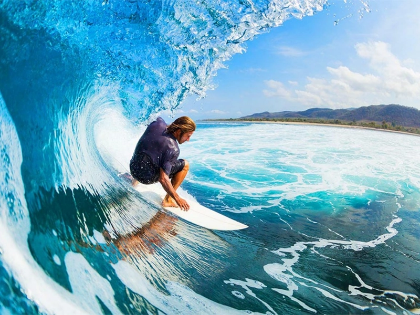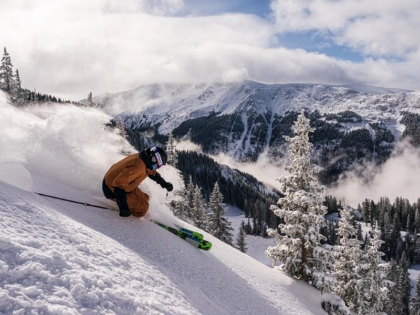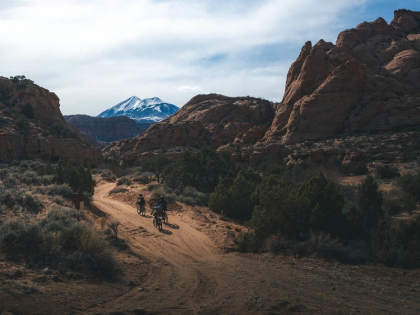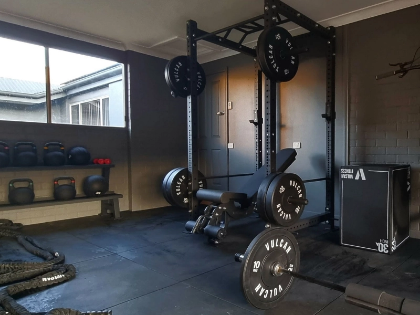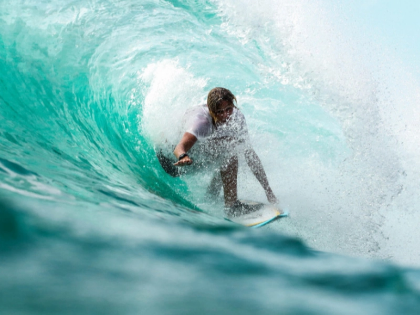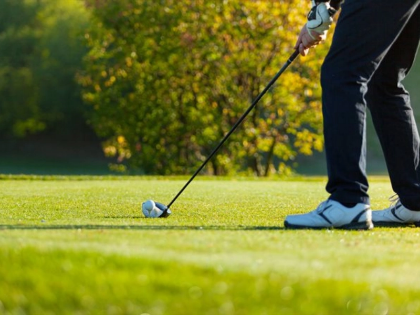Overcoming Riding Stalls: Strategies to Continue Developing Your Talents
A plateau in riding is something that many cyclists go through. A number of factors, such as overtraining and improper recovery, can cause this. The first step in overcoming a plateau is identifying the cause of it, which is covered in this article. Finding the learning process's bottleneck can let you concentrate on making that one improvement.
1. Take a Rest
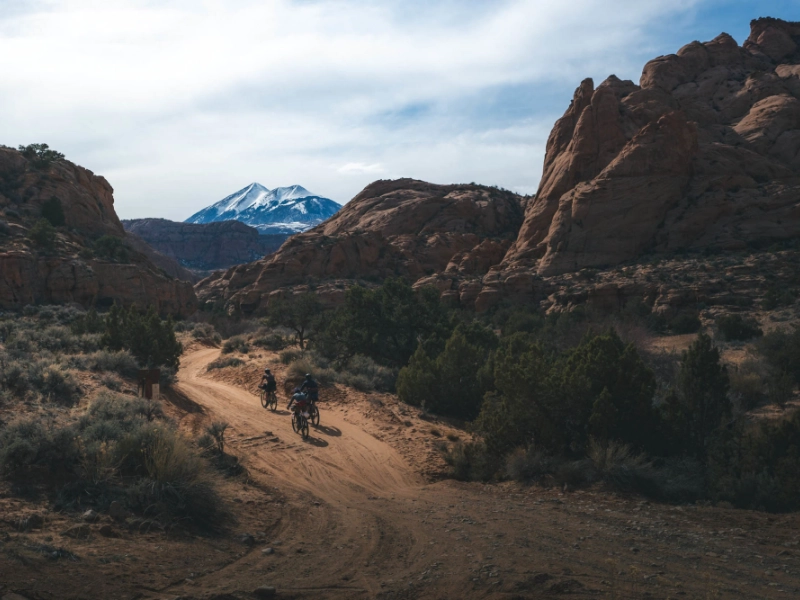
2. Examine Your Diet Again
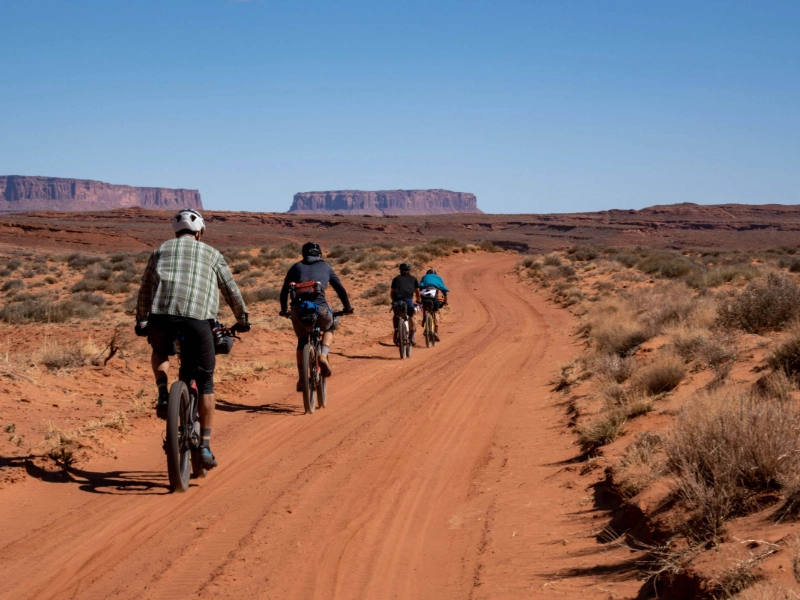 Although hitting a plateau might be discouraging, it's also an excellent opportunity to review your training schedule. A plateau is frequently the result of overextending oneself or not getting enough sleep. As they are on completely different sides of the spectrum and might be challenging to diagnose, it's critical to identify which of them is the problem.
Try decreasing the intensity of your workouts and boosting recovery activities if you find that you are overtraining. You might also think about incorporating yoga or pilates into your exercise regimen since they can strengthen your core and help you develop a healthy sitting position. You can also get out of your training rut by attempting a new cross-training activity, such as hiking, tennis, or jogging. It all comes down to keeping your body in a state of flux and variety so that it can continue to evolve.
Although hitting a plateau might be discouraging, it's also an excellent opportunity to review your training schedule. A plateau is frequently the result of overextending oneself or not getting enough sleep. As they are on completely different sides of the spectrum and might be challenging to diagnose, it's critical to identify which of them is the problem.
Try decreasing the intensity of your workouts and boosting recovery activities if you find that you are overtraining. You might also think about incorporating yoga or pilates into your exercise regimen since they can strengthen your core and help you develop a healthy sitting position. You can also get out of your training rut by attempting a new cross-training activity, such as hiking, tennis, or jogging. It all comes down to keeping your body in a state of flux and variety so that it can continue to evolve.
3. Get Enough Rest
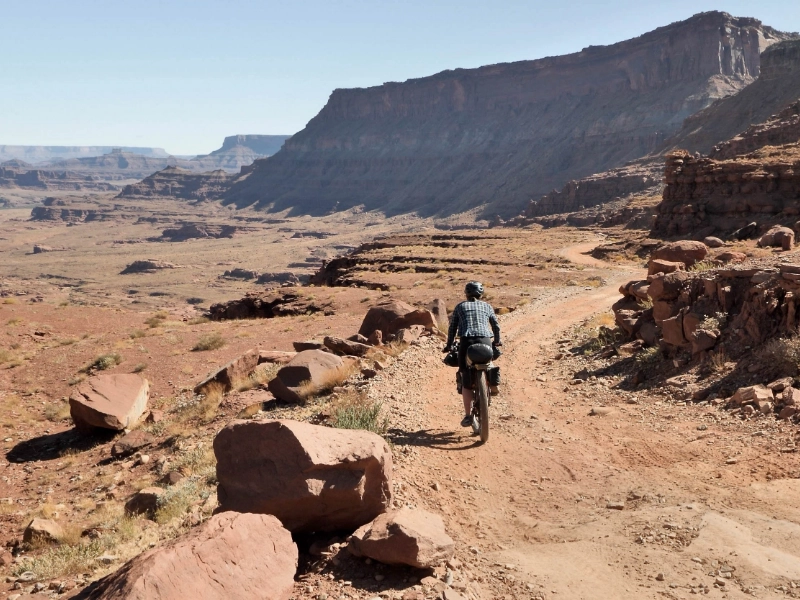 When they reach a plateau, many riders blame their horse, but it's critical to understand that plateaus are normal. Concentrating on knowledge and comprehension is the best strategy for breaking through a plateau.
Try to get extra sleep as well. You'll be able to do better on the bike both mentally and physically by doing this.
Overcoming a training plateau can also be aided by getting adequate sleep. A rider's plateau is often the result of either inadequate recovery time or overtraining. These two elements have the potential to cause weariness, which hinders advancement and makes it challenging to overcome a plateau. To find out what might be causing you to plateau, it's a good idea to review your diet, workout regimen, and stress tolerance.
When they reach a plateau, many riders blame their horse, but it's critical to understand that plateaus are normal. Concentrating on knowledge and comprehension is the best strategy for breaking through a plateau.
Try to get extra sleep as well. You'll be able to do better on the bike both mentally and physically by doing this.
Overcoming a training plateau can also be aided by getting adequate sleep. A rider's plateau is often the result of either inadequate recovery time or overtraining. These two elements have the potential to cause weariness, which hinders advancement and makes it challenging to overcome a plateau. To find out what might be causing you to plateau, it's a good idea to review your diet, workout regimen, and stress tolerance.
4. Look for a Different Coach
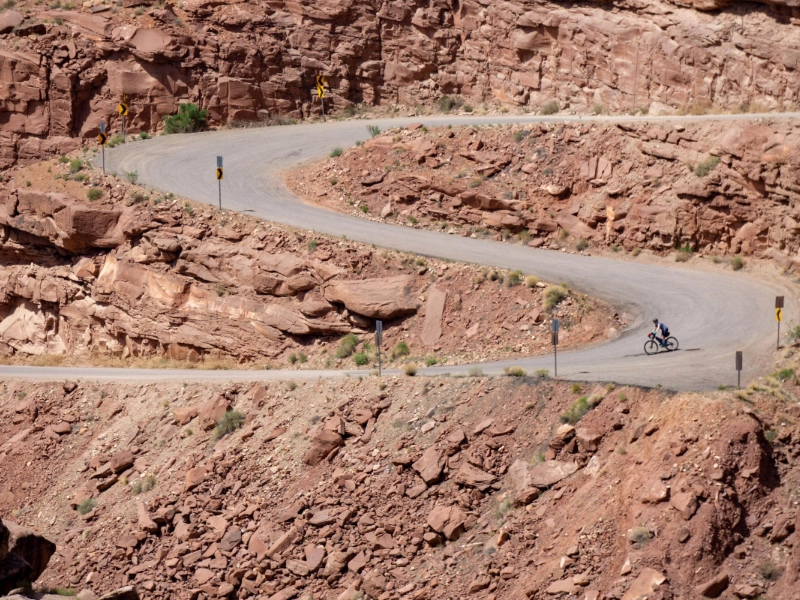 If your trainer isn't living up to your expectations, it might be time to look for a new one. If you and your horse find themselves at a place where the climb seems too hard for too little reward, it's acceptable to find a new trainer. The unsettling sensation of plateauing is a necessary element of moving up to the next level.
A trainer can provide you a new viewpoint and assist in analysing your existing training regimen. A common reason why riders become stuck is when they try to work on too many things at once, as opposed to honing one technique at a time. Modifying your strategy can have a profound impact. If you're working on circles, for instance, give them your whole attention and wait to go on to something else until your circles improve.
If your trainer isn't living up to your expectations, it might be time to look for a new one. If you and your horse find themselves at a place where the climb seems too hard for too little reward, it's acceptable to find a new trainer. The unsettling sensation of plateauing is a necessary element of moving up to the next level.
A trainer can provide you a new viewpoint and assist in analysing your existing training regimen. A common reason why riders become stuck is when they try to work on too many things at once, as opposed to honing one technique at a time. Modifying your strategy can have a profound impact. If you're working on circles, for instance, give them your whole attention and wait to go on to something else until your circles improve.
5. Enrol in Classes
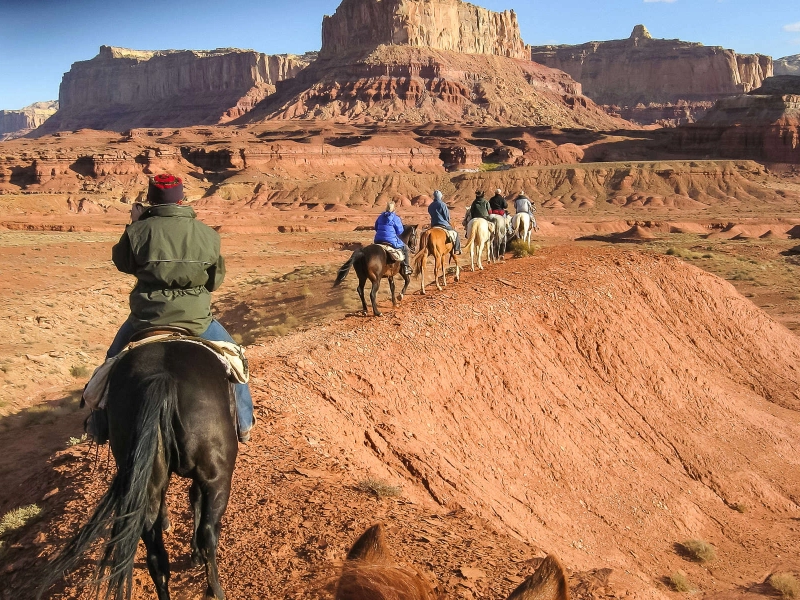 There are situations when there is no simple solution to the cause of a plateau. Rather, a number of factors, including stress, rest, and diet, are interacting to cause your training to stall.
Setting specific objectives and training with a purpose are the best ways to keep yourself from hitting a plateau. It's critical to keep in mind that progress with the horse and with yourself requires patience and time.
Taking a lesson from a more seasoned horse, such as a dressage or equitation horse, can help you better understand what you are asking of your horse and is a terrific way to focus. This might assist you in finding any areas where your riding expertise is lacking and help you regain confidence.
There are situations when there is no simple solution to the cause of a plateau. Rather, a number of factors, including stress, rest, and diet, are interacting to cause your training to stall.
Setting specific objectives and training with a purpose are the best ways to keep yourself from hitting a plateau. It's critical to keep in mind that progress with the horse and with yourself requires patience and time.
Taking a lesson from a more seasoned horse, such as a dressage or equitation horse, can help you better understand what you are asking of your horse and is a terrific way to focus. This might assist you in finding any areas where your riding expertise is lacking and help you regain confidence.

